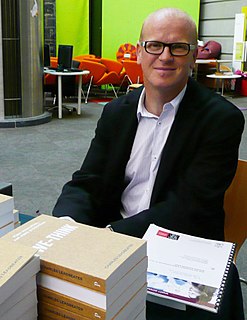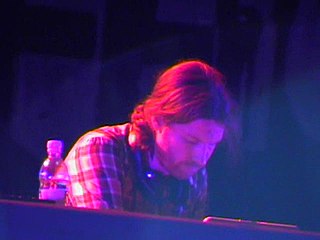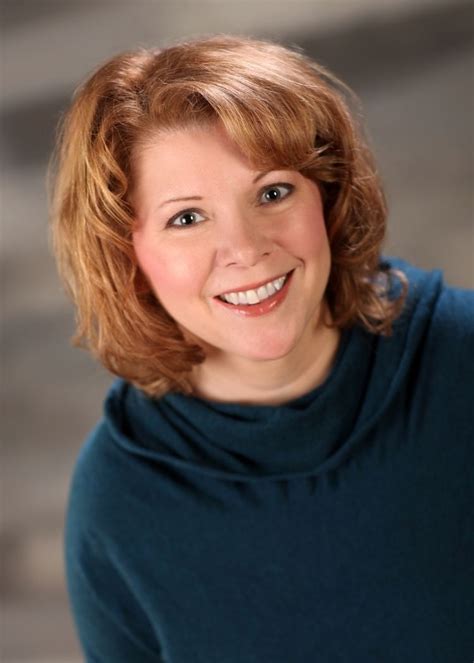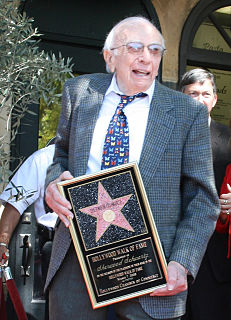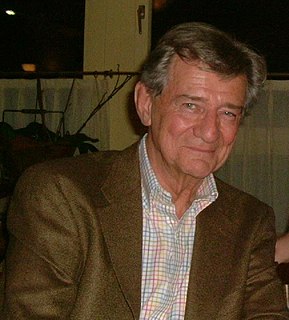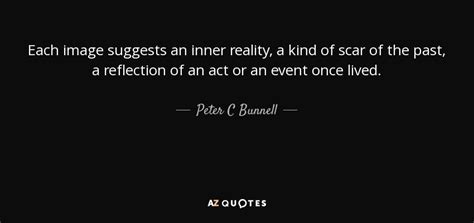A Quote by Christopher Bram
Imaginative writers often project their own monsters and meanings on basic facts.
Related Quotes
I don't like realism. We already know the real facts about li[fe], most of the basic facts. I'm not interested in repeating what we already know. We know about sex, about violence, about murder, about war. All these things, by the time we're 18, we're up to here. From there on we need interpreters. We need poets. We need philosophers. We need theologians, who take the same basic facts and work with them and help us make do with those facts. Facts alone are not enough. It's interpretation.
Choosing to live in narrow spaces leads to form of mental agoraphobia and that brings its own terrors. I think the willfully unimaginative see more monsters, they are often more afraid. What is more, those who choose not to empathize enable real monsters. For without ever committing an act of outright evil ourselves, we collude through our own apathy.
As I started to read nonfiction in the mid '70s, I discovered, holy cow, there was a lot of imaginative nonfiction. Not the kind where people use composite characters and invented quotes. I hate that kind of nonfiction. But imaginative in the sense that good writing and unexpected structure and vivid reporting could be combined with presenting facts.
Facts are neutral until human beings add their own meaning to those facts. People make their decisions based on what the facts mean to them, not on the facts themselves. The meaning they add to facts depends on their current story … facts are not terribly useful to influencing others. People don’t need new facts—they need a new story.
I own all the characters I created, thanks to the Writers Guild, so nobody can do anything without me. The way it works is: If the copyright owners instigate a project, like the movie, then I get a fee as creator. If I instigate a project, like the musical, I pay a percentage to the copyright owners.



